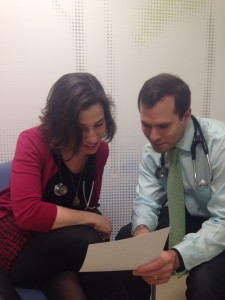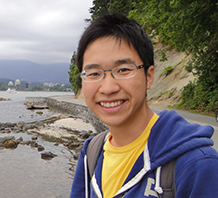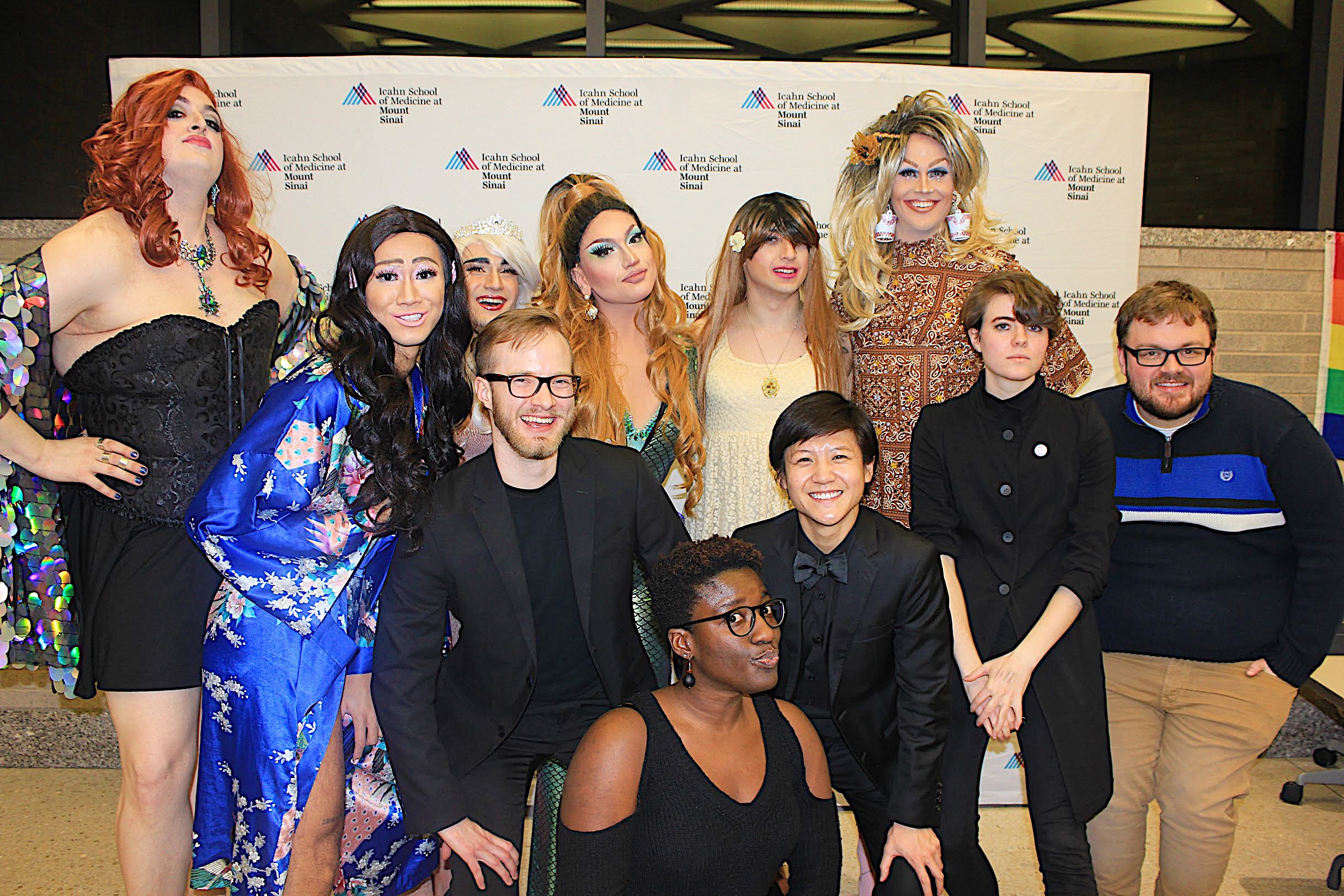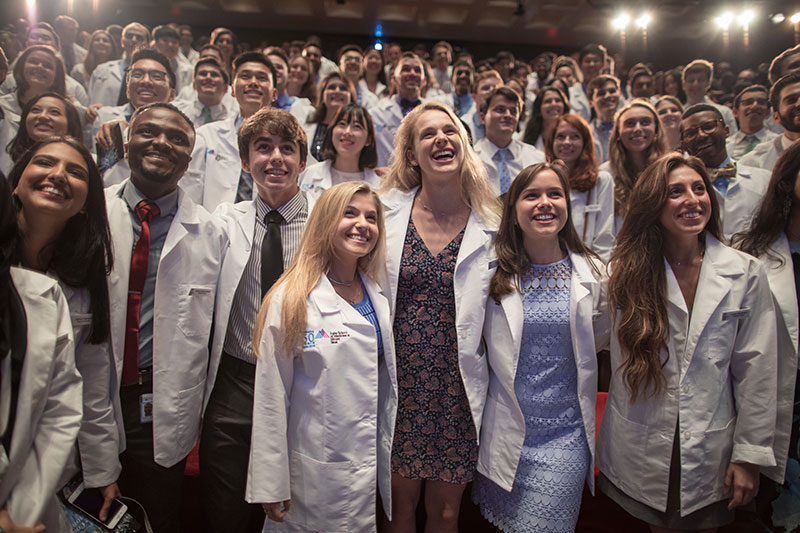 Lauren Feld, MD Student, Class of 2015, reflects on her participation in the Interclerkship Ambulatory Care Track (InterACT). InterACT is a 13-week integrated clerkship which provides select third-year medical students with a longitudinal clinical experience grounded in the foundations of ambulatory medicine, chronic illness care and care for vulnerable persons.
Lauren Feld, MD Student, Class of 2015, reflects on her participation in the Interclerkship Ambulatory Care Track (InterACT). InterACT is a 13-week integrated clerkship which provides select third-year medical students with a longitudinal clinical experience grounded in the foundations of ambulatory medicine, chronic illness care and care for vulnerable persons.
Medical education is dehumanizing. This is not just a bitter reflection of someone who just finished her surgery clerkship, but a well-documented phenomenon throughout medical education literature. Over the course of medical school – and at an accelerated rate during their third year – medical students report increased burnout and decreased empathy for their patients. For this reason, I am deeply grateful to InterACT for helping me keep and strengthen my relationships with patients. InterACT’s longitudinal relationships with patients, being given personal responsibility with close oversight from mentors, and observing how mentors achieved their own life balance allowed me to not only keep my humanity during third year, but use it as a shield against what often felt like an onslaught of human heartbreak.
InterACT provided a structure in which I could establish the interpersonal connection that is at the core of my passion for medicine. The patients I take care of nurture me as well, with compassion, gratitude, and even small improvements in their wellbeing. I am constantly astounded by my patients capacity for concern for me when they are critically ill. A patient on my surgery team would scold me for being there at 4:30 every morning to pre-round because she was worried I wasn’t getting enough sleep. Another patient saw me replace one too many meals with power bars. During our last appointment she gave me a book of family recipes to inspire me to cook more. A month later when I flipped to the challah recipe, I saw she’d written “with love.”
The most powerful patient connection moments occurred when I could use my long-term relationship with that patient to better understand and improve their current situation. One of my patients is fiercely independent and always yells that he doesn’t need his walker because he is perfectly capable of walking on his own, thankyouverymuch! While respectful to doctors, he has a great disdain for the medical system. His dementia and ataxia lead to recurrent falls and visits to the hospital. Long before his dementia worsened he had expressed his desire to die peacefully at home. When I received an email from his caretaker that she was worried he would die in the hospital, I met with the resident taking care of him, and we discussed his beliefs and values that I had become familiar with over the course of the year. She warned me that if released, he would just fall again, and that him falling hard enough to hurt himself was likely, if not inevitable. I agreed with her, but given the man I had come to know, and the invaluable insights and support from my mentor, I was able to assess what he would want for himself were he able to express it. It was burdensome to take responsibility for a potential future injury, but incredibly meaningful to know I was advocating for his best interest in a way I never would be able to with only a superficial knowledge and relationship with him, and no attending level support.
 Lauren Feld is an MD Student, Class of 2015
Lauren Feld is an MD Student, Class of 2015
During its first 4 years (2010-2014) InterACT was fully funded with a grant from the Josiah Macy Jr. Foundation titled: Educating Future leaders in the Primary Care of Persons with Chronic Illnesses and the Medically Disenfranchised through Longitudinal Clinical Experiences.










